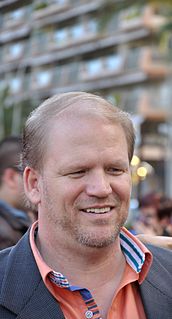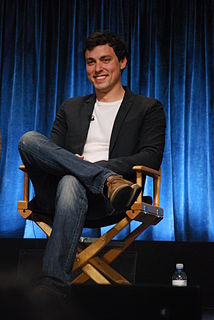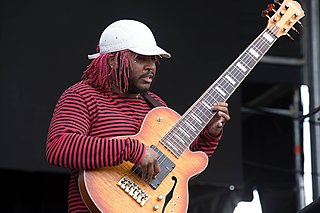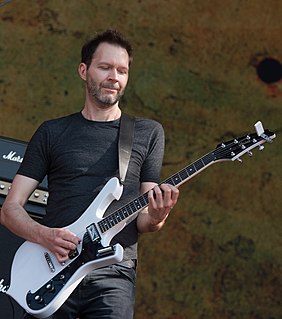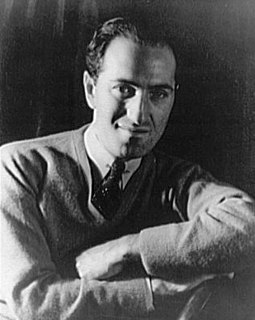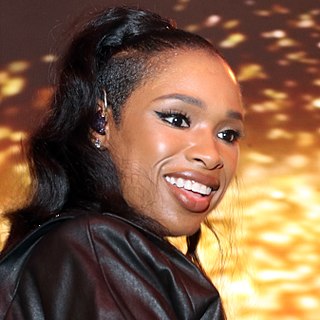A Quote by Edward Allen Bernero
You get notes from two studios and a network instead of a studio and a network. Although we early on forced them all to do their notes together. I make them all talk to each other first. Because we went through the pains of getting notes from ABC and at the time it was Touchstone, that were opposite - and then CBS notes that were opposite again. So it was, you guys are going to have to work it out as to what is the most important note.
Related Quotes
You never can tell, though, with suicide notes, can you? In the planetary aggregate of all life, there are many more suicide notes than there are suicides. They're like poems in that respect, suicide notes: nearly everyone tries their hand at them some time, with or without the talent. We all write them in our heads. Usually the note is the thing. You complete it, and then resume your time travel. It is the note and not the life that is cancelled out. Or the other way round. Or death. You never can tell, though, can you, with suicide notes.
I'm a guy where my perfect pitch has been altered by the fact that I usually tune up to what's going on. When I was a kid, it was horrible! If two notes were playing right next to each other, and they were dissonant, it would drive me nuts. If it was something that sounded like it was in between notes, it'd make me cringe.
When I'm back at my computer, and/or have more time to deal with the project than when I made the initial notes, I transcribe them into a Scrivener document. I create a new Scrivener file for every project, right at the start, and make a folder for these transcribed notes; when entering them, I title each note document according to date.
A scale is just the notes that are in a chord played one at a time instead of together. That's what has allowed me to go through the possible notes that work with a chord and make choices about which ones I like best. I go through by ear; you can do it by theory too, but the best way is to learn by ear.
For notes related to books I'm writing, I've wondered whether I should organize my notes better, but I do find that the action or scrolling through them and seeing odd juxtapositions of ideas helps to stimulate my own ideas and creativity. I worry that if I kept the notes in a highly-structured way, I might lose some of these benefits.
The seven white notes on the piano - each section of the piece (there are 12 sections) is five of those seven white notes. If you calculate it, there are 21 groups of five notes in any group of seven notes. And although there are 12 sections, this piece actually uses nine of those groups because some of the sections repeat earlier ones. So that's the formula. It's very simple as a way of generating something. It's my inner minimalist.
I once took a ride to the beach in L.A., and all along the shore there were all these so-called jazz places. And I saw these college guys and session players playing this fusion Muzak stuff. It was just a lot of notes, and the more notes they played, the more it kept them from expressing anything. So I came back home and got out my Zeppelin albums.
... And we talk it out. Lately, I've had Roy Thomas come in, and he sits and makes notes while we discuss it. Then he types them up, which gives us a written synopsis. Originally - I have a little tape recorder - I had tried taping it, but then I found no one on staff has time to listen to the tape again later. But this way he makes notes, types it quickly, I get a carbon, the artist gets a carbon ... so we don't have to worry that we'll forget what we've said.
